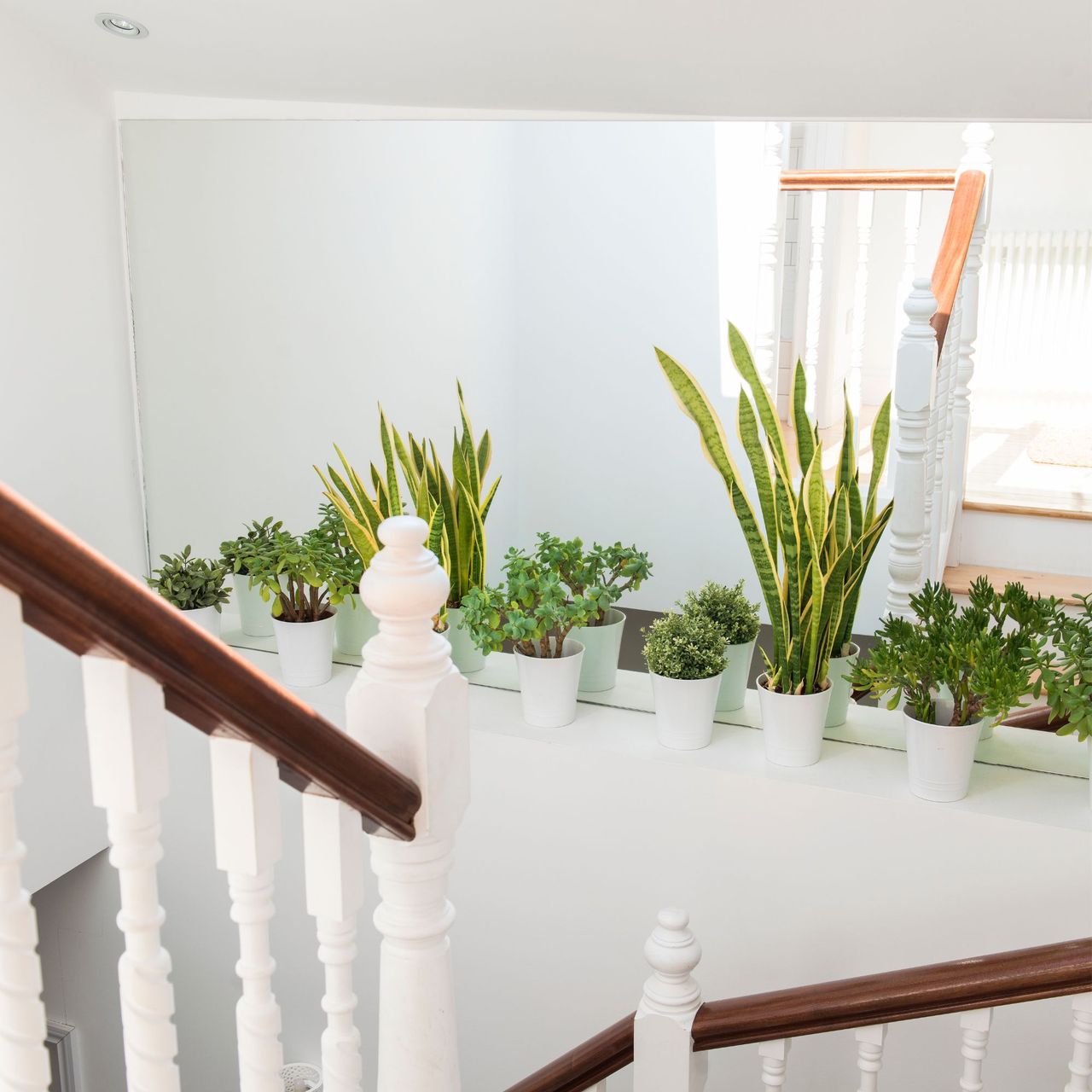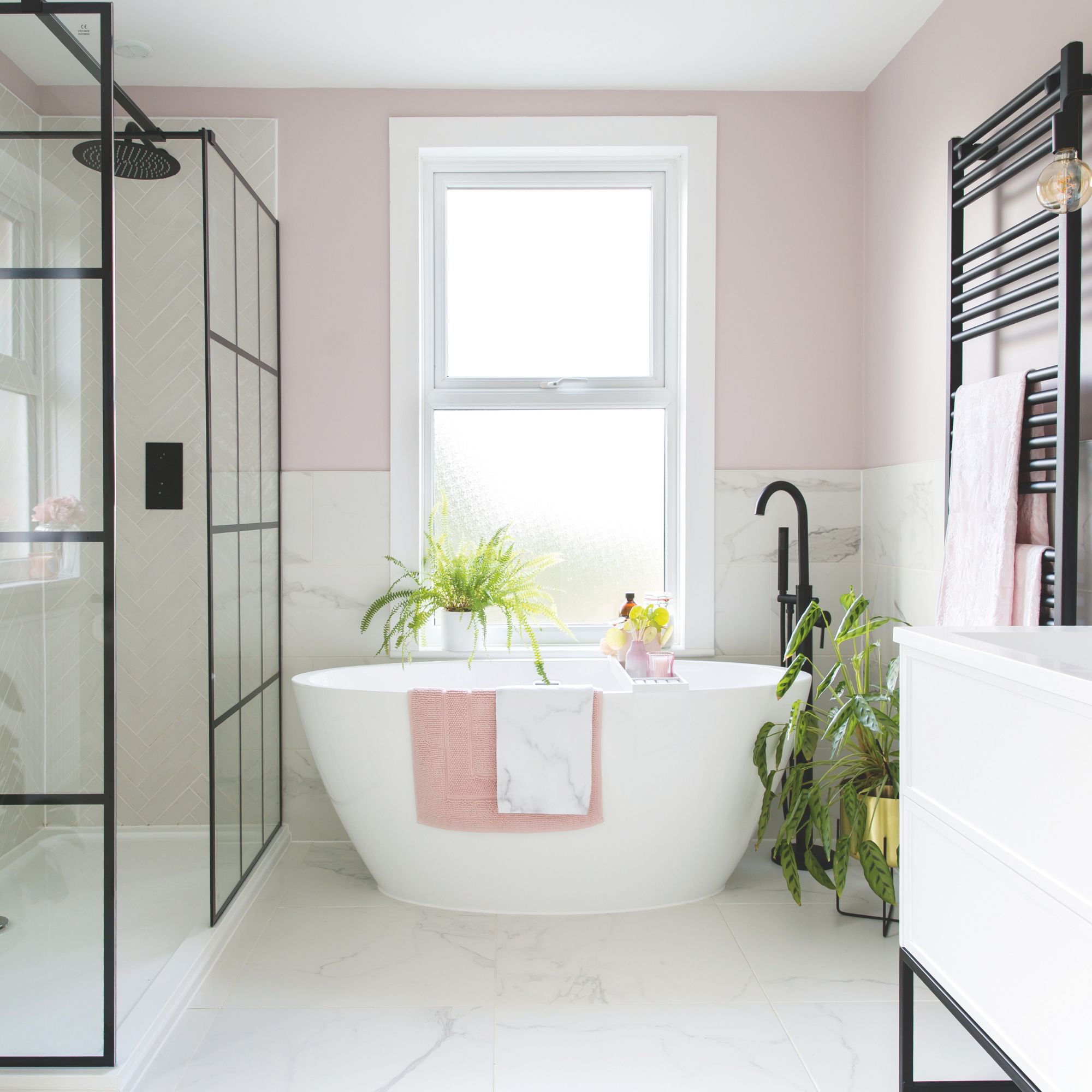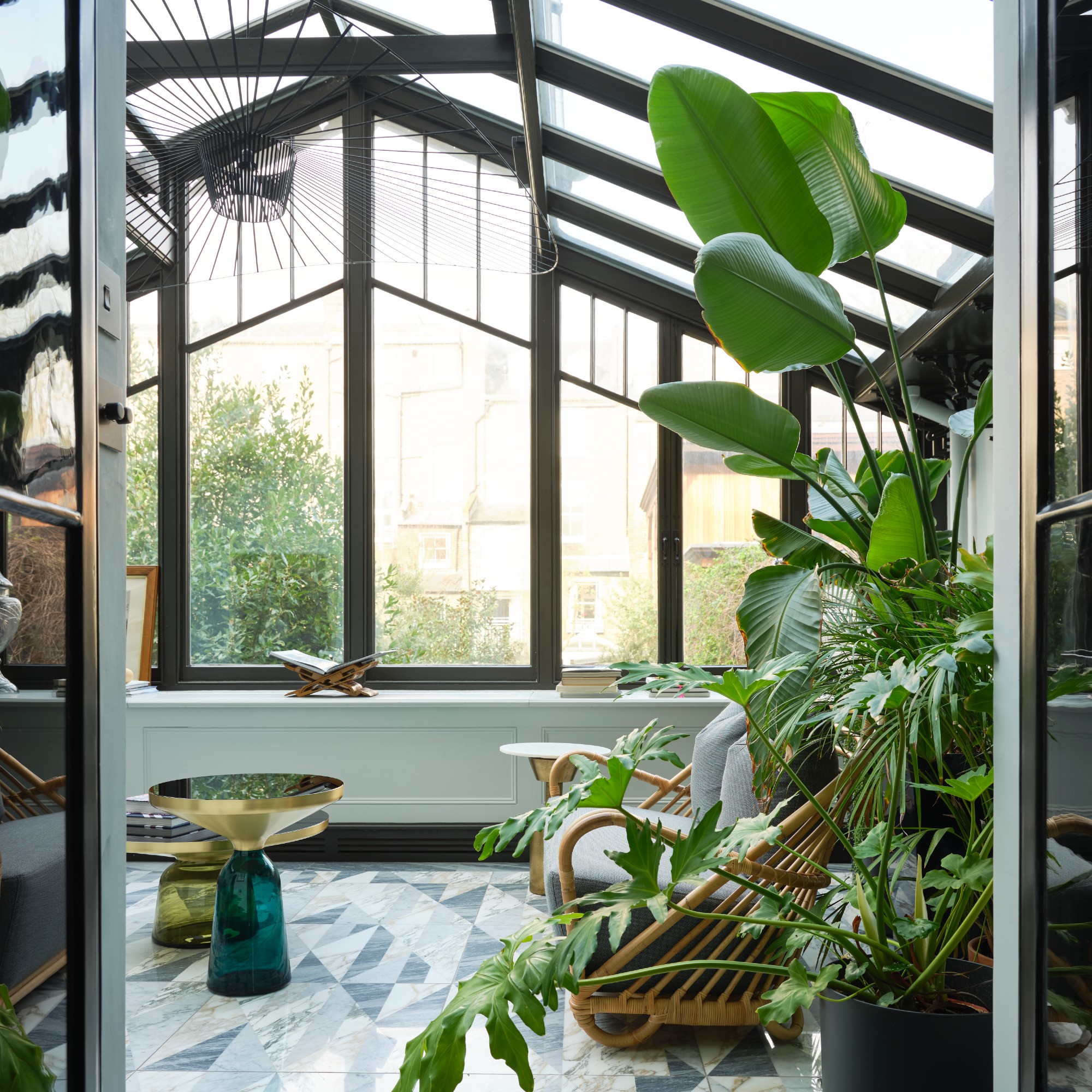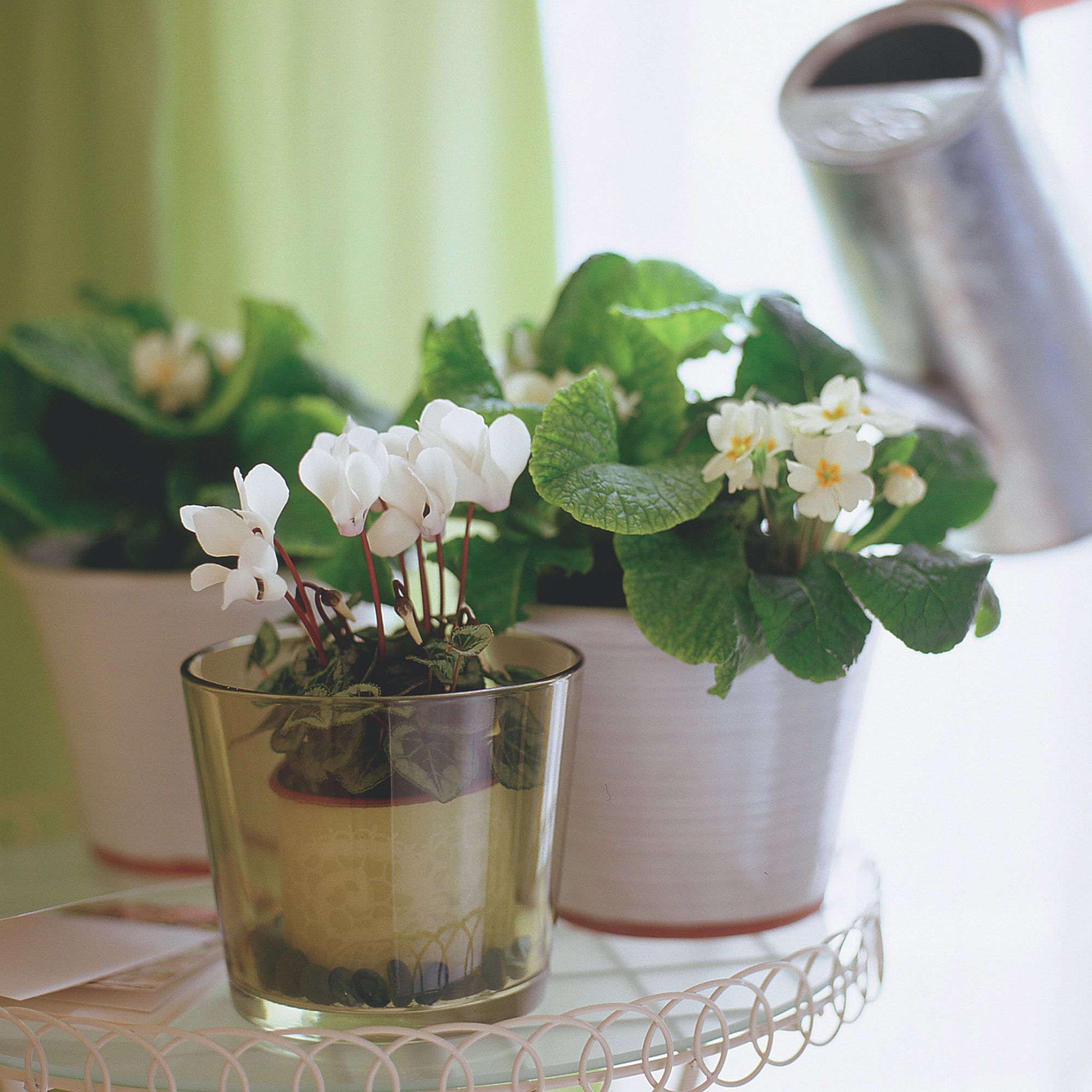
Some houseplant TLC is always a good thing, but as cooler days turn into chilly weeks, you can overdo it – and that’s why it’s important to know when to stop feeding indoor plants.
Once you’ve worked out whether you actually should feed your houseplants in winter, you’ll need to know when to start scaling back the summer feeding regime. Fertiliser is an indoor plant care essential, but feeding your houseplants over the colder months can do more harm than good.
Of course, there are a few exceptions – and to find out more, I spoke to a few indoor plant experts.

Fertiliser is a staple in any houseplant fanatic’s cupboard, but contrary to popular belief, it isn’t something you should be using all year round.
‘Most houseplants only require feeding during their active growing season in spring and summer, when the days are longer (March to September),’ says Monique Kemperman, horticulture expert at Plants & Flowers Foundation Holland.
So, if you’re wondering when to stop feeding indoor plants, it’s sooner than you’d think.
‘Fertiliser should be dialled back or paused entirely during autumn, as most plants enter a semi-dormant state,’ advises Jo Lambell, CEO of Leaf Envy.

That means now’s the time to store the houseplant fertiliser away for the winter. If you don’t, you'll risk welcoming a host of winter houseplant problems into your home.
‘During winter, most houseplants are not actively growing and cannot make use of additional nutrients,’ Monique explains. ‘Continuing to feed at this time can place stress on the plant, leaving it more vulnerable to diseases, pests, and root damage.’
Instead, wait until the start of the next growing season.
‘It is far better to wait until spring, when fresh growth begins and your plants can truly benefit from the nutrients you provide,’ says Monique.
Are there any exceptions?

So, it’s generally best to stop feeding your houseplants from autumn onwards. That rule doesn’t apply to all houseplants, though – if your plant flowers during the winter, it might need the extra boost.
‘The main exceptions are winter-flowering houseplants, such as cyclamen and poinsettia, which may benefit from light feeding to support their blooms,’ says Monique from Plants & Flowers Foundation Holland.
So, if you’re learning how to grow cyclamen indoors this year, it’s worth keeping some fertiliser like Houseplant Focus Liquid Concentrated Fertiliser, £6.22 at Amazon, on hand. You can even buy Growth Technology Poinsettia Focus Concentrated Plant Food from Amazon if you're keen to care for a poinsettia properly.
If you're keen to care for your houseplants over winter in the best possible way, it's best to stop feeding them this autumn.







